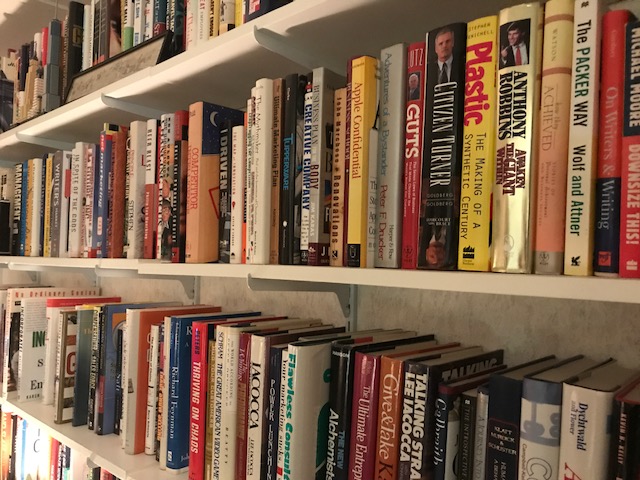
Book Recommendation
From: Dan Beaulieu
6/7/18
Listen Up or Lose out: How to Avoid Miscommunication, Improve Relationships, and Get More Done Faster.
By Robert Bolton and Dorothy Grover Bolton
Copyright 2018 Amacon
Price $ 19.95
Pages: 268 with index
I love books about the virtue of listening!
There can never be enough books about the art and the virtue of listening. As a sakes trainer there is nothing more challenging than teaching people how to be quiet and listen. So, it was with great anticipation that I read this new book by the Boltons!
There has never been a better time to try to teach people, not just sales people to out down the devices, focus and start intentionally listening to one another.
Here are some examples from the book:
The four-step reflective listening process
- Take it in: Reflective listening begins with accurate reception of what the speaker said. Focus on the speaker’s frame of reference.
- Sort it out: Figure out the thrust of what is being said
- Sum it up: developed a highly condensed summary of what was said
- Say it back succinctly in your own words. Say it back to the speaker to make sure that you understand what she said, and she understands that you understand what she said.
And my personal favorite and chapter dealing with those dreaded pauses. Oh, how I hate those pauses! I think we all do. We have a natural inclination to be petrified of dead air to the point where we would rather say something inappropriate than live through a pause.
Again, from the book:
Six little-known facts about conversational pauses: (The italics are mine)
- Pauses are plentiful in most conversations. Living with them is part of normal conversation.
- Many people are uncomfortable with pauses: No Kidding!
- The typical pause is very brief: Good listeners condition themselves to listen through the brief moments.
- Pauses are generally more significant moments than s commonly realized. The right word may be effective, but no word was as effective as a right-timed pause.
- Pauses often occur at key moments in a conversation. Silence regulates the flow of listening and talking…
- The average listener mishandles many pauses. Usually by interrupting the speaker. And, more often than not at a critical point in the conversation.
I personally have seen this happen. For example, when the buyer is about to tell the seller whether he is going to buy his product or not, but his pause is too long, and the sales person jumps in and interrupts him just before he is going to say “yes”.
The guidelines, exercises and lessons you can learn from this book will far outweigh anything you have learned in the past. This is the right book at the right time for anyone in business AND FRANKLY ANYONE. The world would be a better place today if we all stopped talking and learned how to do some reflective listening.
